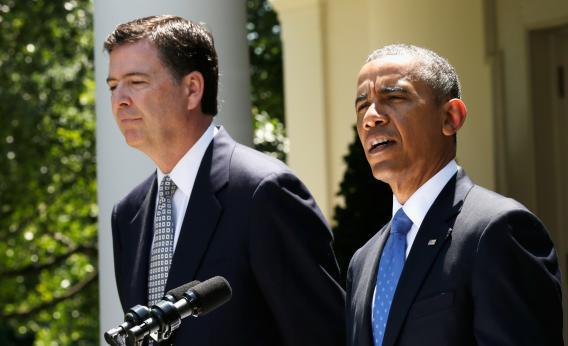Should cops have the right to search through your cellphone without a warrant if you get arrested? The Justice Department thinks so.
In a petition to the Supreme Court filed last week, the government argues that it should be allowed to rifle through the phones of arrested suspects because having to apply for a warrant could thwart their ability to bring criminals to justice. The DOJ is asking the court to weigh in on the matter after the First Circuit of Appeals ruled earlier this year that police should have obtained a warrant when searching the phone of a suspected Massachusetts crack dealer back in 2007.
Like the issue of cellphone location tracking, searching phones is another area where courts have issued conflicting judgments, and the law seems to be out of step with the technology. The DOJ says in the Supreme Court petition that, in drug trafficking cases especially, law enforcement officials need quick warrantless access to handsets in order to identify the arrestee and to obtain communications records. It argues that having to wait any length of time could allow criminals or their associates to remotely access their phones to delete data. Officers could use a signal-blocking Faraday Cage phone pouch to prevent this from happening, the DOJ admits, but it claims forcing authorities to “traipse about” with signal-blocking bags for this purpose would be too much of a burden.
The crux of the DOJ’s argument is that it would be “anomalous” to provide special Fourth Amendment protections for cellphones when it says this standard does not apply to arrestees’ briefcases, purses, diaries, or letters. However, cellphones today can carry large troves of personal data, and that distinguishes them from conventional purses or diaries. Indeed, forensic technology available to the cops enables them to extract all kinds of information from phones: call logs, contacts, text messages and emails, photos and videos, passwords, location data, audio recordings, and more.
If a precedent were set that cellphones could be searched without a warrant, it could raise substantial civil liberties concerns. Could protesters arrested for demonstrating on Wall Street, for instance, have their phones confiscated and mined for data? The authorities clearly have a legitimate desire to track down serious criminals, and warrantless searches of phones in serious cases no doubt can assist them with that. But if the legal standard is low, the danger is that the power will be open to abuse.
Crucially, the Massachusetts case would not necessarily allow for substantive consideration of these issues. The phone the police searched was a “primitive” cellphone, according to analysis by law professor Orin Kerr, which means that if the court were to take up the DOJ’s petition it would be handing down a ruling without having to weigh how modern smartphone technology has radically changed the types of data we carry. For that reason, as Kerr suggests, the court may be better advised to take up a case involving a smartphone instead.
